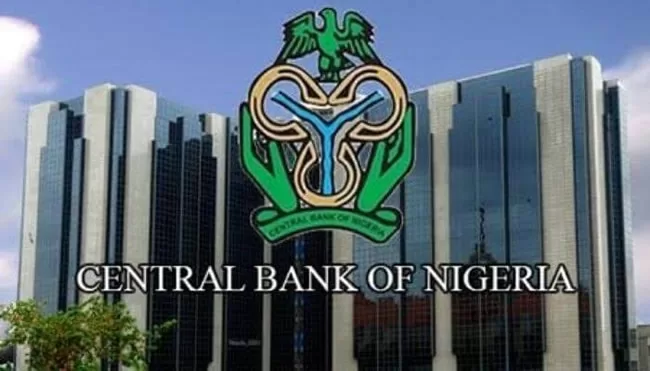CBN Unveils New Financial Accounts For Nigerians In Diaspora To Boost Investments, RemittancesThe Central Bank of Nigeria (CBN) yesterday announced the introduction of the Non-Resident Nigerian Ordinary Account (NRNOA) and Non-Resident Nigerian Investment Account (NRNIA) which aim at enhancing foreign capital inflows through investments and remittances by Nigerians in the diaspora.
While the NRNOA enables Non-Resident Nigerians (NRNs) to remit their foreign earnings to Nigeria and manage funds in both foreign and local currencies, the NRNIA enables citizens living abroad to invest in assets in Nigeria in either foreign currency (FCY) or Naira.
The new central bank policy was conveyed in a circular dated January 10, 2025, and signed by CBN acting Director, Trade and Exchange Department, Dr. W.J. Kanya, which was addressed to all Authorised Dealer Banks (ADBs) and the public.
The apex bank further unveiled framework to guide the implementation of the policy.
Under this policy, account holders may maintain both a FCY account and/or a local currency account to facilitate transactions and participate in diverse investment opportunities, the apex bank stated.
Among other benefits, the CBN said the initiative would improve access for NRNs to opportunities in the Nigerian economy and increased contribution of diaspora community to the country’s socio-economic development.
NRNs can also use their NRNIA to participate in Nigeria’s Diaspora Bond and other debt instruments issued locally specifically targeted at the Nigerian diaspora or available to the investing public.
The account would also serve as a conduit for NRNs to manage their funds directly in a safe and secure environment, and reduce the reliance on third parties in meeting local commitments and obligations.
The circular further stated that effective January 1, 2025, eligible NRNs shall have the opportunity to own any of the Non- resident Nigerian accounts, subject to meeting KYC requirements which will be made available in FAQs to be released soon.
The central bank however pointed out that the policy is without prejudice to Memorandum 17 of the CBN Foreign Exchange Manual (2018).
The CBN further explained that currency in the NRNOA is held in freely convertible foreign currencies as specified by the apex bank, adding that account holders may also maintain a Naira account, with funds remitted directly from offshore or convertible from a FCY account at prevailing exchange rates through authorized dealers.
It said the purpose was to deposit foreign income earned by individuals residing outside Nigeria, including salaries, allowances, dividends, and rental income as well as meeting personal expenses such as family maintenance, education, healthcare, and other day-to-day needs in Nigeria, ensuring convenience and ease of use.
The CBN also said interest earned on deposits would be subject to applicable taxes in line with the country’s tax laws while balances in the FCY account, can be fully repatriated out of Nigeria without restriction among others.
Similarly, NRNIA account holders may maintain both a foreign currency (FCY) account and/or a local currency (Naira) account to facilitate diverse investment opportunities while currency is held in freely convertible foreign currencies as specified by the CBN.
Account holders may also maintain a Naira account for investments in local currency assets as the account seeks to facilitates investments in Nigerian financial markets and instruments.
The CBN stated that balances in the NRNIA account, including investment principal and profits, can be fully repatriated out of Nigeria without restriction, ensuring ease of capital mobility while interest rates on deposits are negotiable with preferred bank.
The central bank also said digital platforms will be utilised to facilitate seamless onboarding and KYC updates, adding that banks are encouraged to integrate with the NIBSS NRBVN platform that enable NRNs to acquire BVNs for account opening purposes.
Banks are further required to offer digital platforms that enable NRNS to update their KYC details effortlessly, subject to proper authentication/due diligence.









